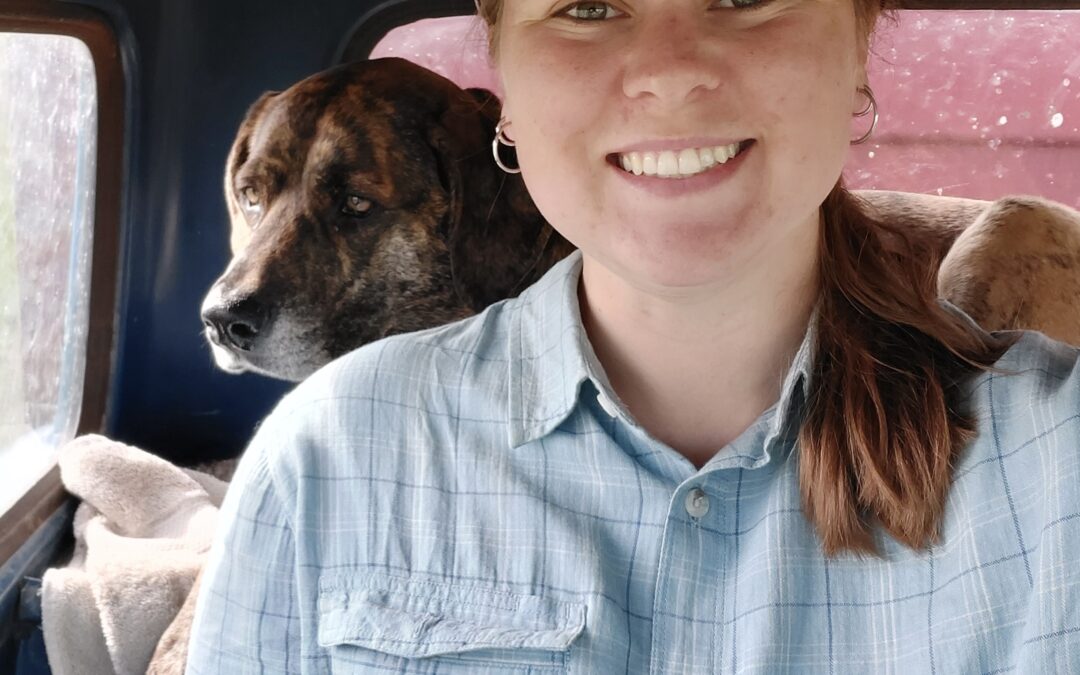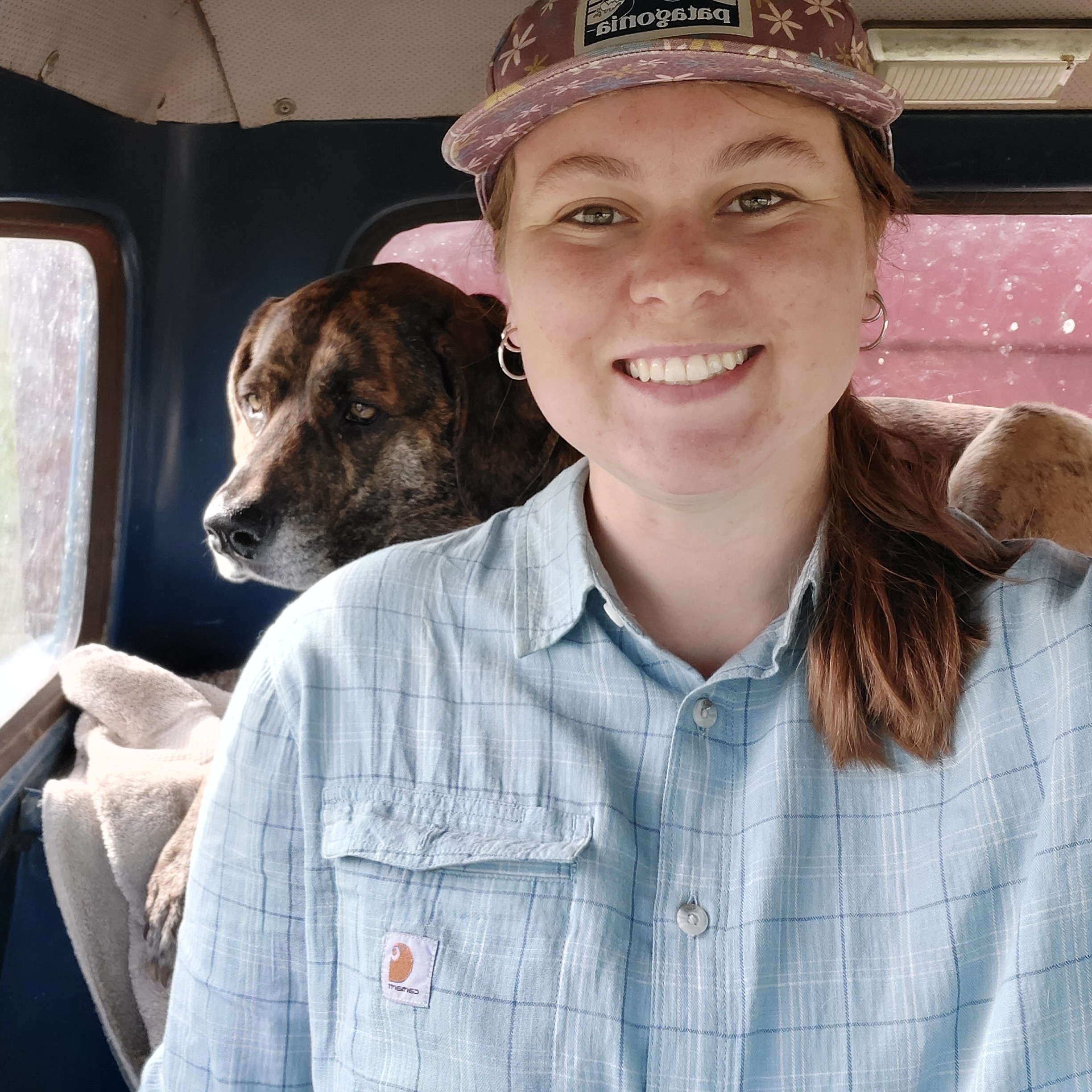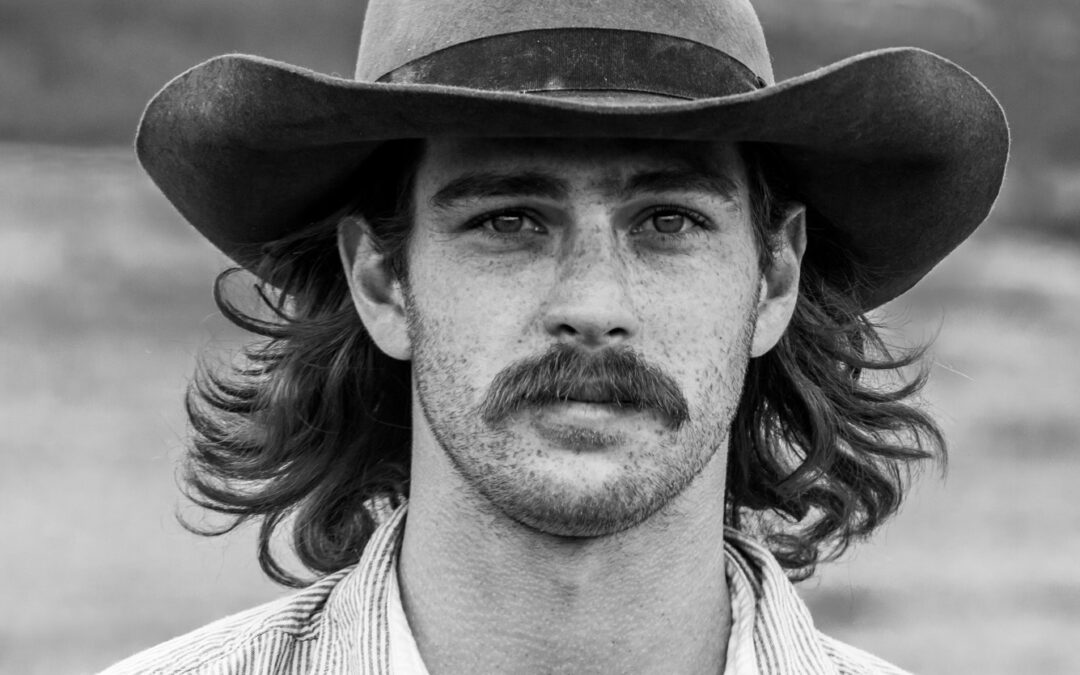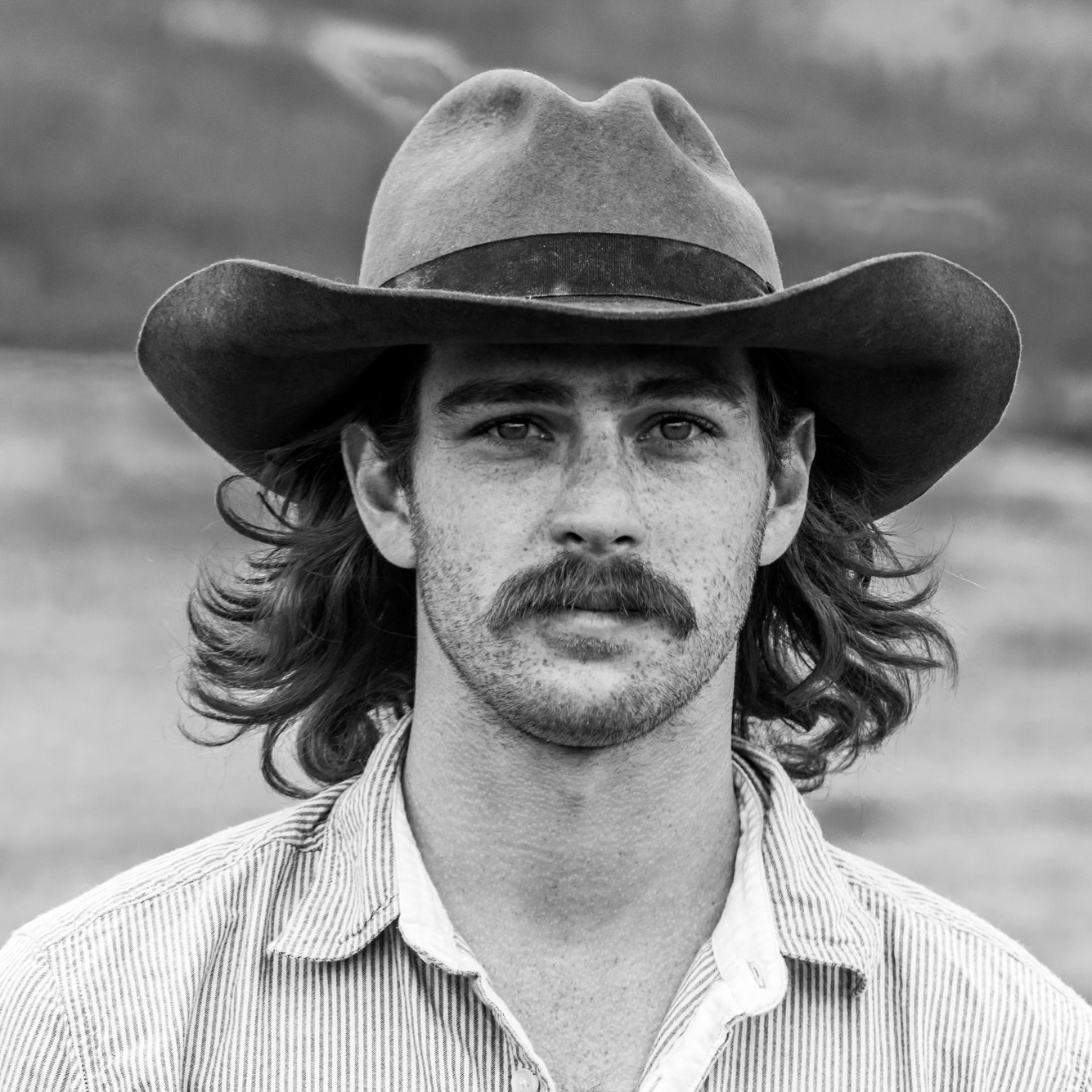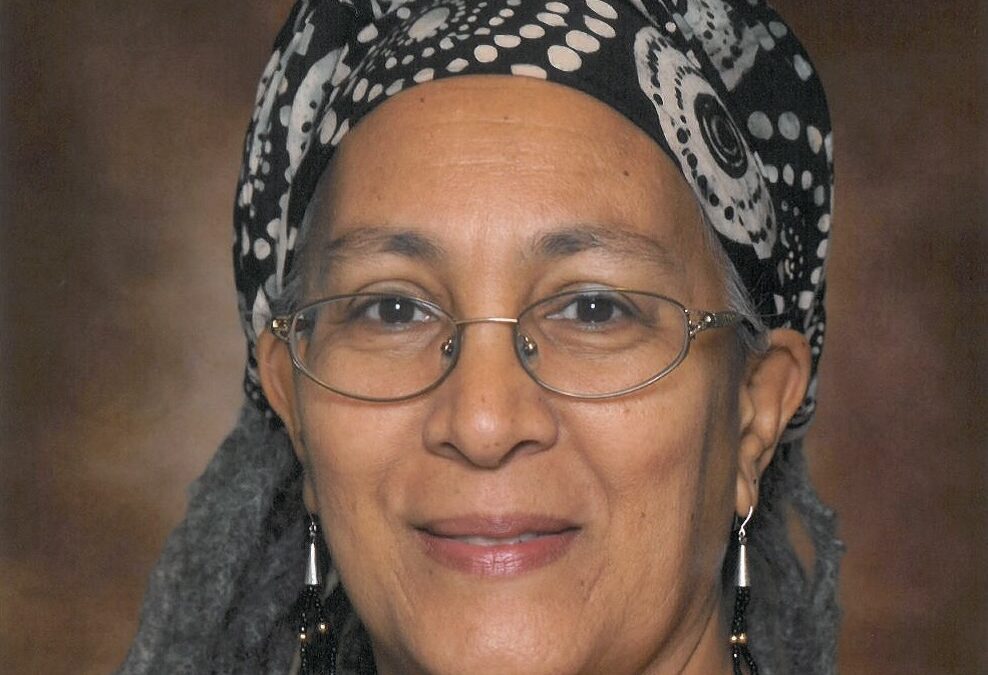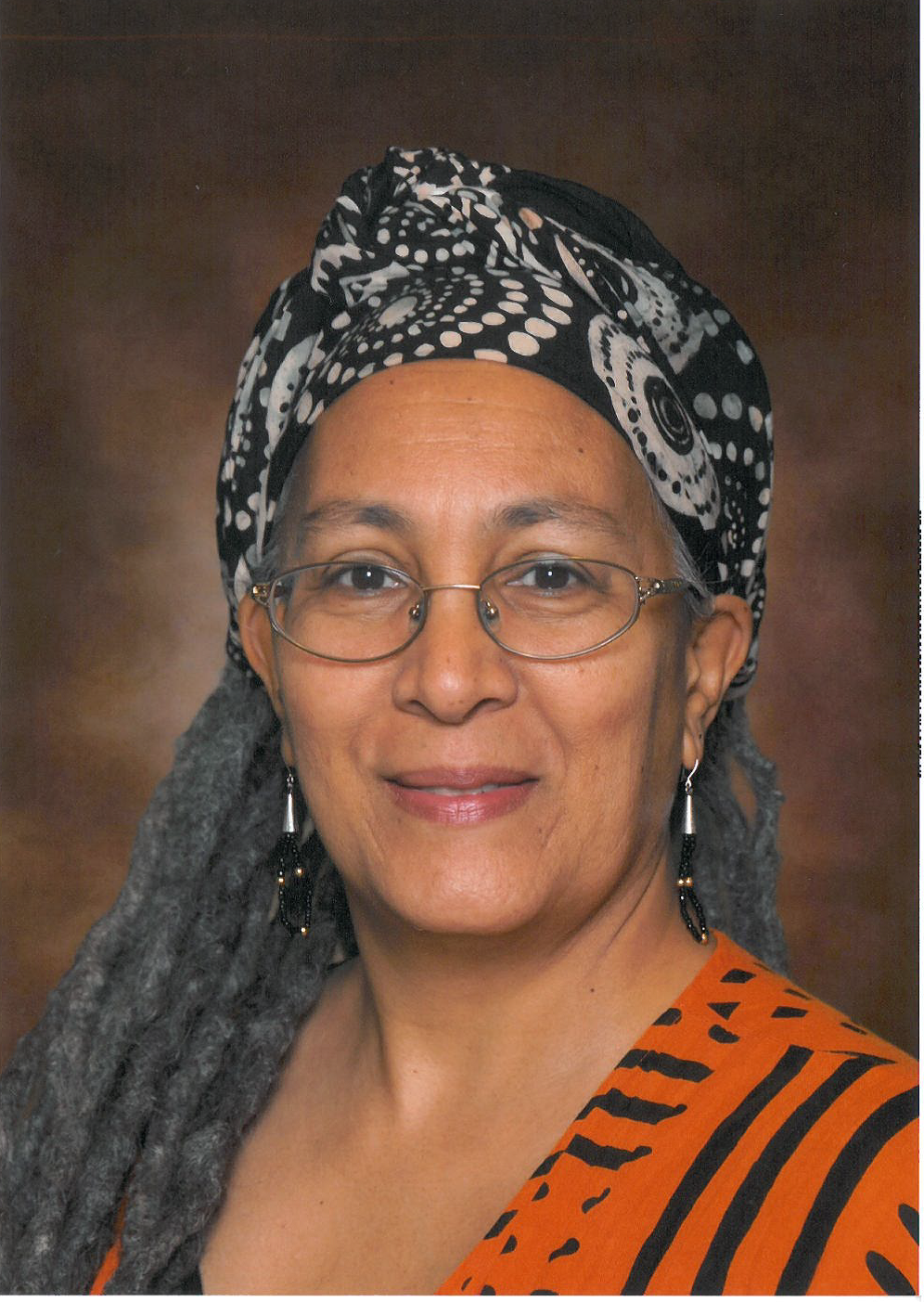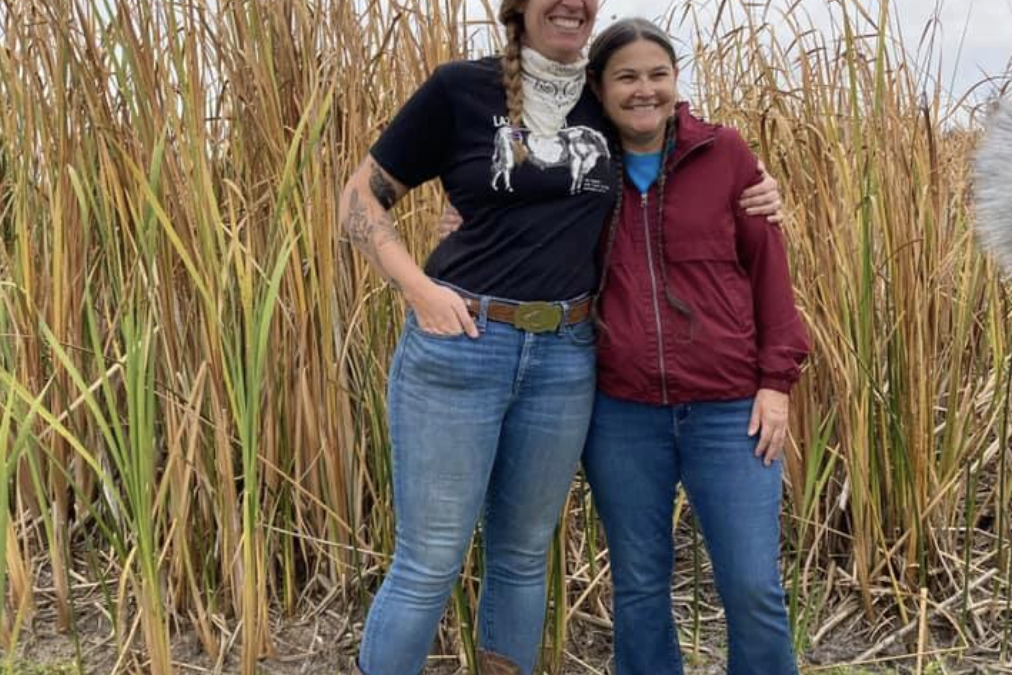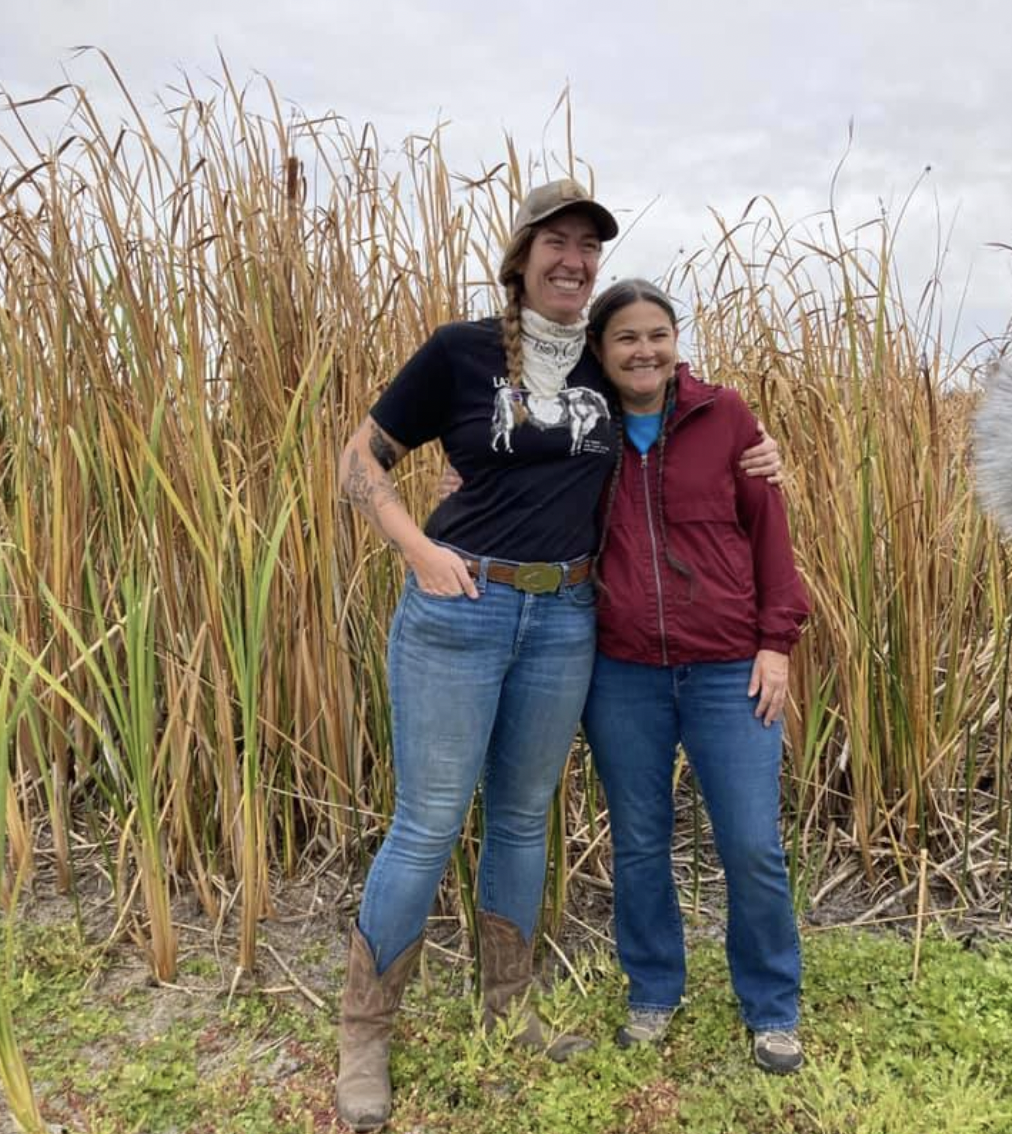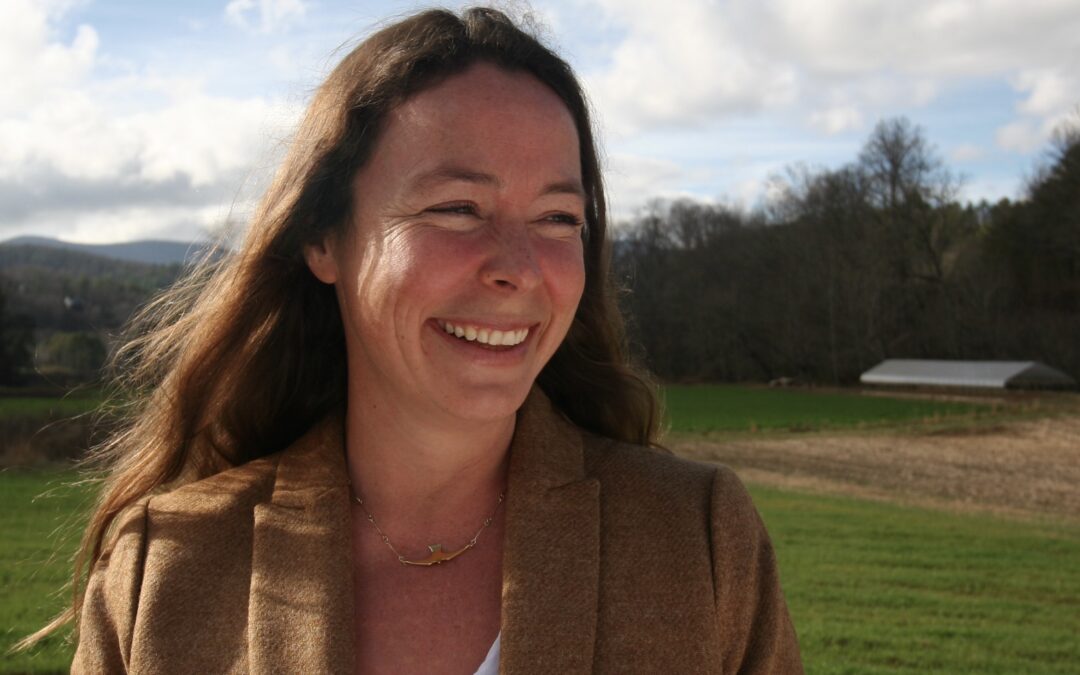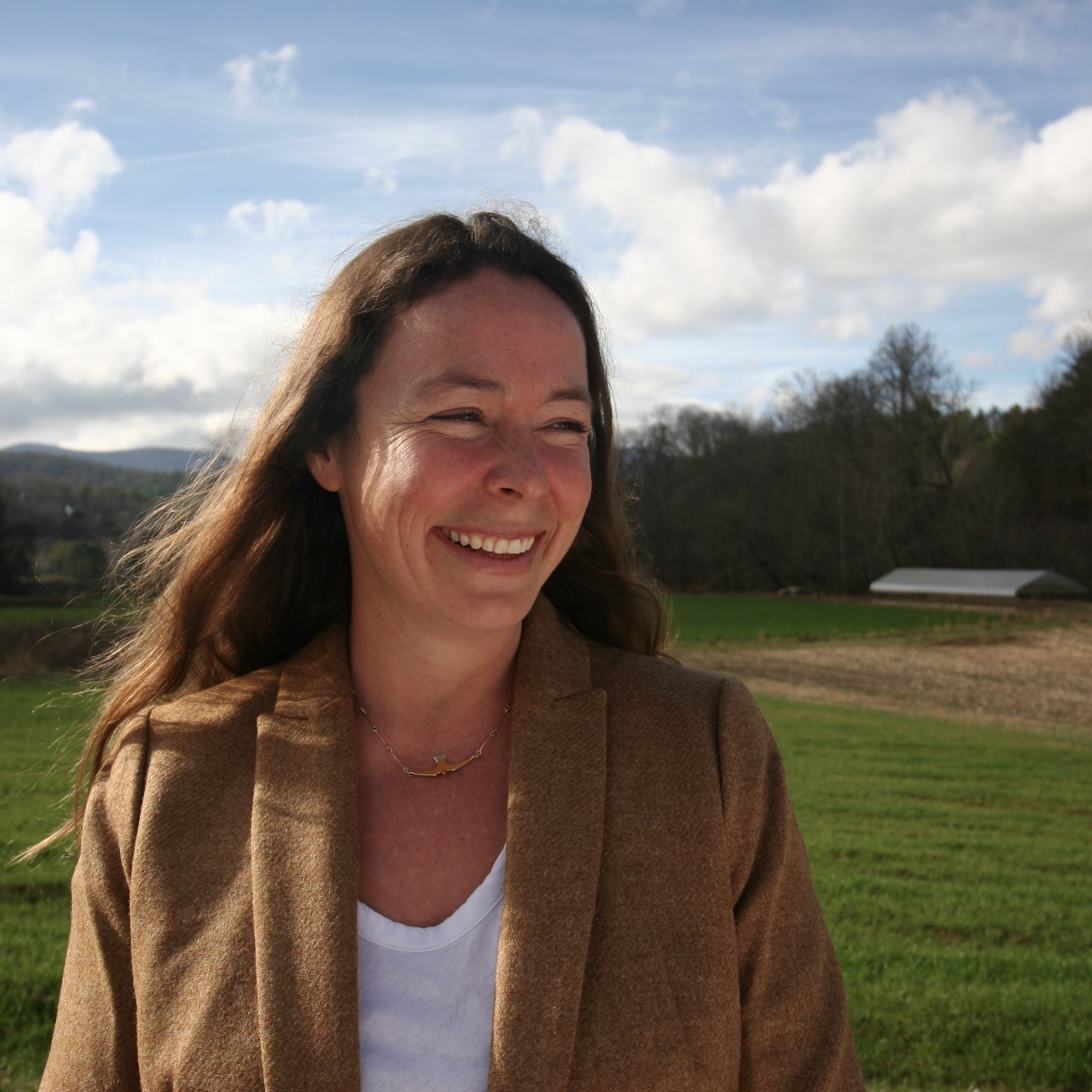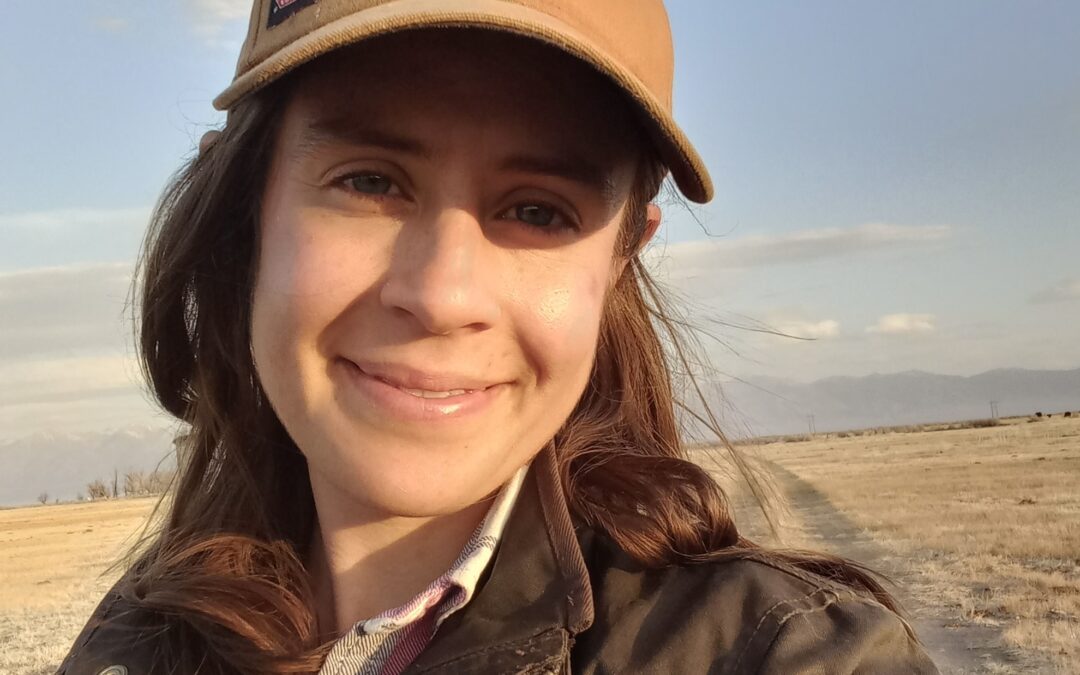
Shannon Maes
Shannon Maes
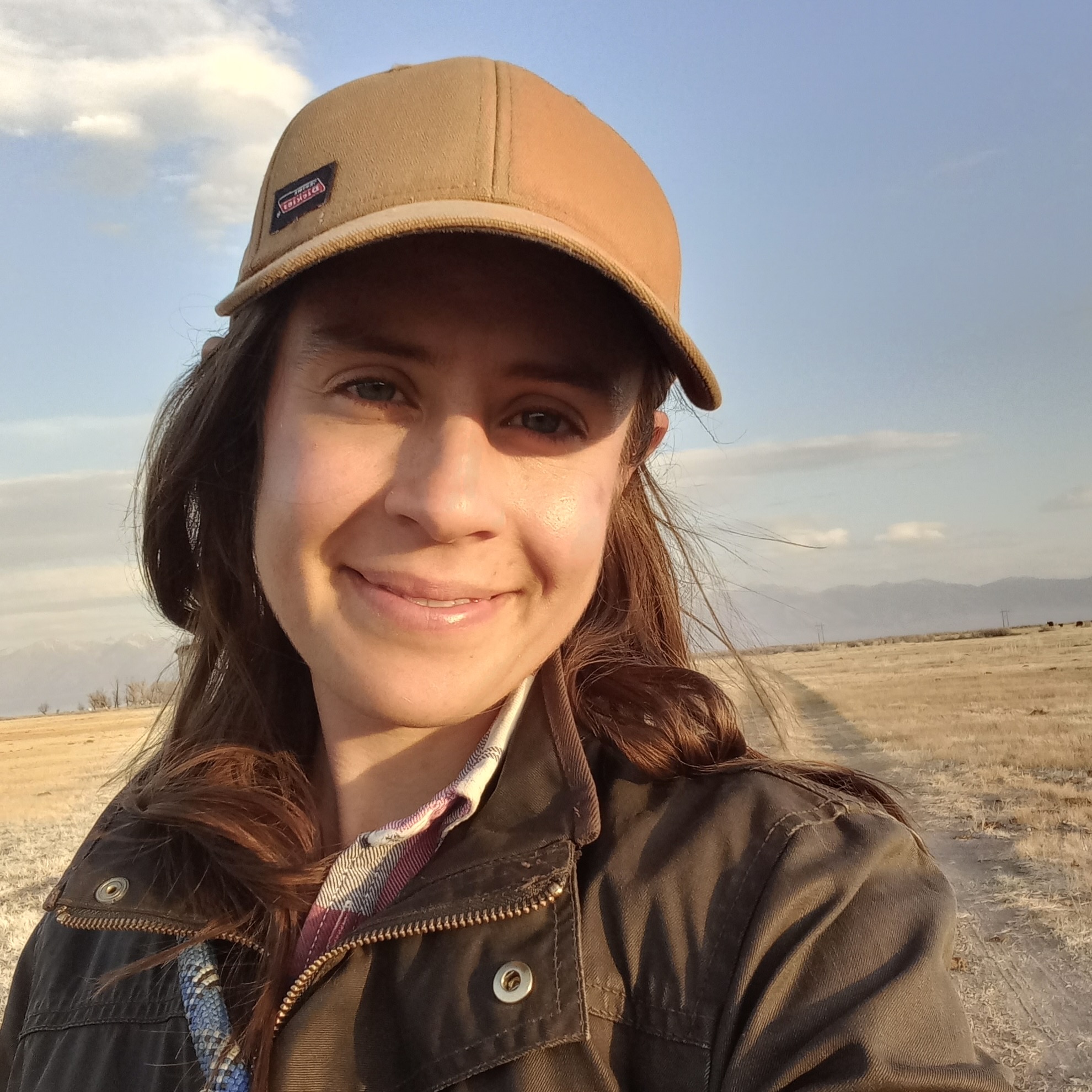
Shannon is completing her second season with the New Agrarian Program at San Juan Ranch in Saguache, Colorado. She joined the program in the spring of 2021 as an apprentice at Sol Ranch in northeastern New Mexico. From Denver, Colorado originally, her educational background is in environmental studies and social justice. She has worked and volunteered on a variety of agricultural operations including fruit orchards, dairies and vegetable farms. Before working on a ranch her favorite former job was being the garden/farm to school coordinator at an elementary school. Shannon came to ranching through a deep love for nature, western landscapes, community, food, agrarian/rural tradition and her desire to be an instrument of positive change. Since then she has discovered an obsession with grazing animals and their impacts on the land as well as a conviction that better land stewardship must be an inclusive, just and collaborative effort. In the future Shannon hopes to continue caring for land through ranching, producing food and building community.
Plenary Panel
Young Agrarians: Living the Questions Now & Seeking Bold Solutions & NAP Graduation Ceremony
